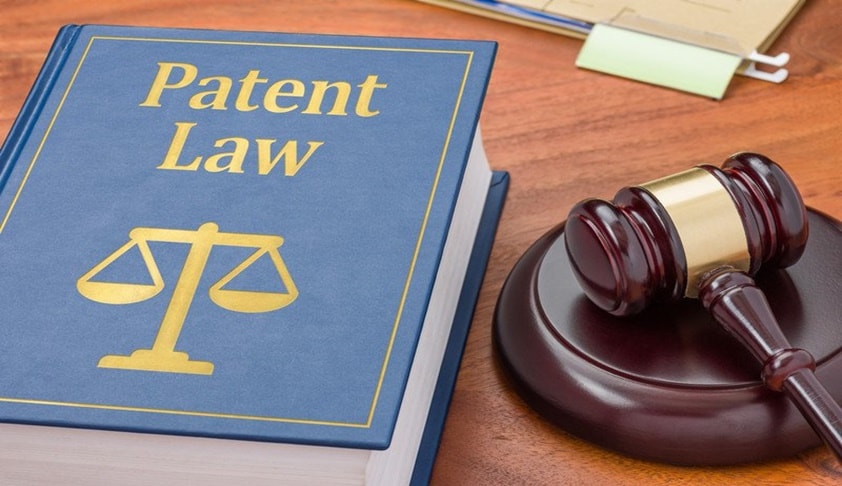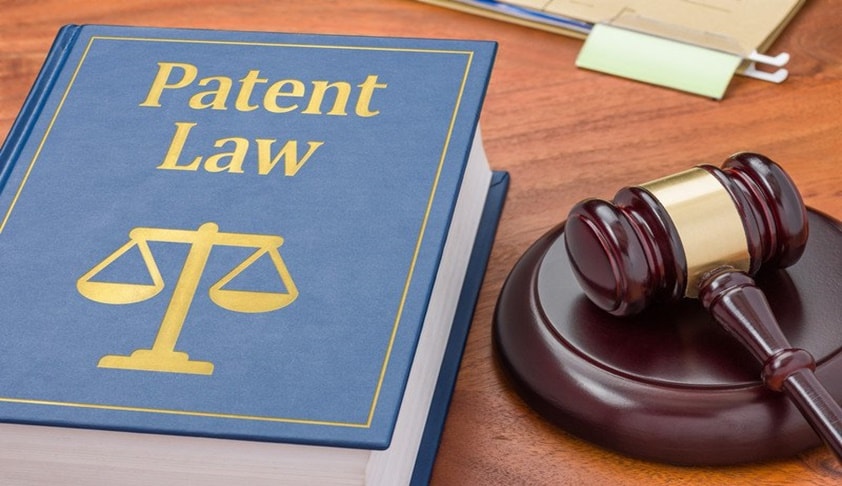Process Patent | S.104A Of Patents Act Can Be Invoked At Interim Stage To Seek Disclosure Of Defendant’s Process: Delhi High Court


The Delhi High Court has held that there is no bar on the invocation of Section 104A of the Patent Act 1970 at the initial stage of a suit, when the patent holder seeks disclosure of the defendant’s process.
For context, Section 104A prescribes that where the subject matter of a patent infringement suit is a ‘process’ for obtaining a product, the burden is on the defendant to prove that the process used by him to obtain the identical product is different from the patented process.
A proviso to the provision, however, stipulates that the burden is shifted to the defendant after the patentee first proves that the product is identical to the product directly obtained by the patented process.
In the case at hand, as the Plaintiff, part of the renowned Roche Group, moved an application seeking disclosure of the defendant’s manufacturing process for a drug widely used in breast cancer treatment, on grounds of it being biosimilar to Plaintiff’s ‘Pertuzumab’ product, the Defendant opposed the application, citing the proviso to Section 104A.
At this juncture, the Plaintiff sought to argue that Section 104A cannot be invoked at the initial stage of the suit and the same comes into play only at the stage of final adjudication of the suit.
It is in this context that the single bench of Justice Amit Bansal held,
“From a plain reading of Section 104A of the Act, there is nothing to suggest that Section 104A cannot be invoked at an earlier stage, particularly when the plaintiffs are seeking disclosure of the defendant’s process by way of an interlocutory application.”
The Court elaborated that Section 104A of the Act represents a calibrated departure from the general evidentiary principle that the burden of proof lies upon the party asserting a fact.
This exception however, the Court said, is neither automatic nor routine.
Section 104A applies only when the plaintiff discharges the following threshold requirements:
a. The defendant’s product is identical to the product directly obtained by the patented process; and
b. The subject matter of the process patent is for obtaining a new product or there is a substantial likelihood that the identical product is made by the said process, and it is difficult for the plaintiff to determine the process used by the defendant.
The Court said if the plaintiff is able to satisfy both the aforesaid conditions, the Court has the discretion to direct the defendant to prove that the process adopted by it to obtain its product is different from the patented process.
“In order to protect the legitimate commercial interests of the defendant, sub-section (2) of Section 104A of the Act provides that a defendant would not be required to disclose any manufacturing or commercial secrets if it appears to the Court that the same is unreasonable to do so. The intent behind Section 104A of the Act is to shift the onus of proof from the plaintiff to the defendant in cases involving infringement of process patents. This is premised on the fact that the process adopted by a defendant in manufacturing its product would only be known to the defendant and would be difficult for the plaintiff to determine. However, this is subject to certain pre-conditions, one of which is that the plaintiff has to show that the product of the defendant is identical to the product that is directly obtained from the process patent of the plaintiff.”
The Court further noted that the main requirement of “discharging” the burden of proof by the defendant would be the disclosure of its process of manufacturing.
“Therefore, in my considered view, the aspect of disclosure of the defendant’s process to the plaintiffs is covered within the scope of Section 104A of the Act and accordingly, I am not inclined to accept the plaintiffs’ submission that Section 104A of the Act would have no application in cases where the plaintiff seeks disclosure/ discovery.”
Another contention of the plaintiff was that Section 104A will have no application in respect of biological drugs, as two different biological drugs, by their very nature, cannot be identical to each other.
The Court however pointed that the Guidelines on Similar Biologics, 2016 issued by Centre’s Department of Biotechnology uses the term ‘similar’ as sufficient for regulatory approval. Thus, the legal burden under Section 104A remains one of proving identity in substance and composition.
“This threshold cannot be diluted in biologic cases merely because absolute replication is scientifically difficult. The statutory use of the term ‘identical’ reflects the legislature’s conscious choice, and to read the same in a lower threshold would amount to judicial dilution of the requirement,” the Court held and dismissed the Plaintiff’s application.
Appearance: Mr. Arvind Nigam and Mr. Sandeep Sethi, Senior Advocates with Mr. Pravin Anand, Mr. Shrawan Chopra, MS. Prachi Agarwal, Mr. Achyut Tewari, Mr. Aayush Maheshwari, MS. Krisha Baweja and Mr. SUMER SETH, Advocates for Plaintiff; Mr. Dushyant Dave and Mr. Rajshekhar Rao, Senior Advocates with Mr. Adarsh Ramanujan, MS. Bitika Sharma, MS. Vrinda Pathak, MS. Sandhya Kukreti, Mr. Rajnish Singh and MS. Sl Sojanya, Advocates for Defendant
Case title: F- Hoffmann -La Roche Ag & Anr. v. Zydus Lifesciences Limited
Case no.: CS(COMM) 159/2024

